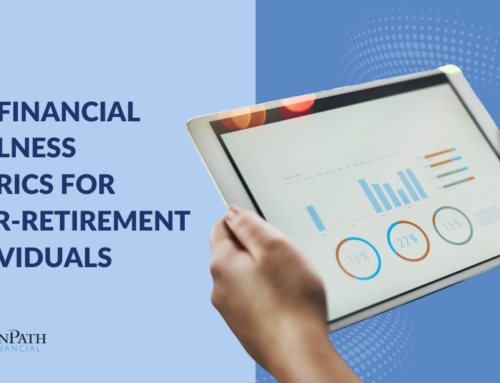Having a good credit score doesn’t just get you the best interest rates. It can also reduce your auto insurance premiums, allow you to avoid security deposits, and in some cases, even help you get hired.1
But what goes into your credit score, and how can you make sure you’re doing what you can to improve your score? Below, learn more about five of the most common mistakes that can harm your credit score.
Carrying High Balances
The closer your total balance is to your credit limit (known as your debt utilization ratio), the more it can impact your credit.[1] If you have a handful of credit cards with a combined limit of $60,000 and your debt load is $30,000, your score could likely suffer.[2]
Although the rule of thumb is to keep your debt utilization ratio at 30 percent or less, this ratio can begin negatively impacting your credit at a much lower level. To ensure your credit score stays as high as possible, shoot for a debt utilization ratio of five percent or less.2
Closing Out Old Accounts
One of the factors that goes into your credit score is your age of credit history. Generally, the longer your credit history, the lower credit risk you pose, as lenders can get a good idea about your habits based on the credit you’ve taken in the past.[3] This means that closing out your oldest credit account will erase it from your age of credit history, potentially reducing your credit score.[4]
The other side of this coin involves taking out new accounts. Even if you have a long credit history, if you go for years with just a handful of accounts and then take out several new lines of credit within a short period, your credit age will decrease significantly.[5]
Making Late Payments
Although paying a bill a day or two late is rarely a cause for concern, when it comes to maintaining a high credit score, timely payments are crucial.[6] If a lender or other creditor reports a late payment to the credit reporting agencies, your credit score could plummet.[7] This also illustrates why it’s important to check your credit report annually at annualcreditreport.com, a website run by the three major credit reporting bureaus: Transunion, Equifax, and Experian.[8]
Co-Signing for Someone Else
When you co-sign a loan, you’re indicating your own willingness to be financially responsible for the collateral.[9] Even if you and the other borrower have a firm agreement requiring the borrower to repay the loan, the bank simply wants its collateral back–no matter who may be the current legal owner—and will come after you if the borrower misses payments.[10] Outside of the supportive gesture, there is little upside for the person who cosigns.[11] Therefore, co-signing is an option that should be exercised judiciously—if at all.
By steering clear of these major mistakes, as well as a few others, you can be well on your way toward a solid credit score.
Important Disclosures:
The opinions voiced in this material are for general information only and are not intended to provide specific advice or recommendations for any individual.
All information is believed to be from reliable sources; however LPL Financial makes no representation as to its completeness or accuracy.
1 https://www.thebalance.com/having-good-credit-score-960528
Content Provider: WriterAccess
LPL Tracking 01-05095409
[1] https://www.experian.com/blogs/ask-experian/credit-education/score-basics/credit-utilization-rate/
[2] https://www.fool.com/the-ascent/credit-cards/articles/heres-how-much-my-credit-score-fell-when-my-utilization-rate-topped-50/
[3] https://www.lexingtonlaw.com/credit/length-of-credit-history
[4] https://www.creditcards.com/credit-card-news/closing-oldest-credit-card-pros-cons/
[5] https://www.myfico.com/credit-education/credit-scores/new-credit
[6] https://www.myfico.com/credit-education/credit-scores/payment-history
[7] https://www.myfico.com/credit-education/credit-scores/payment-history
[8] https://www.annualcreditreport.com/
[9] https://www.nerdwallet.com/article/loans/personal-loans/3-bad-reasons-to-co-sign-a-loan
[10] https://www.foxbusiness.com/money/what-happens-loan-cosigner-does-not-pay
[11] https://www.nerdwallet.com/article/loans/personal-loans/3-bad-reasons-to-co-sign-a-loan






